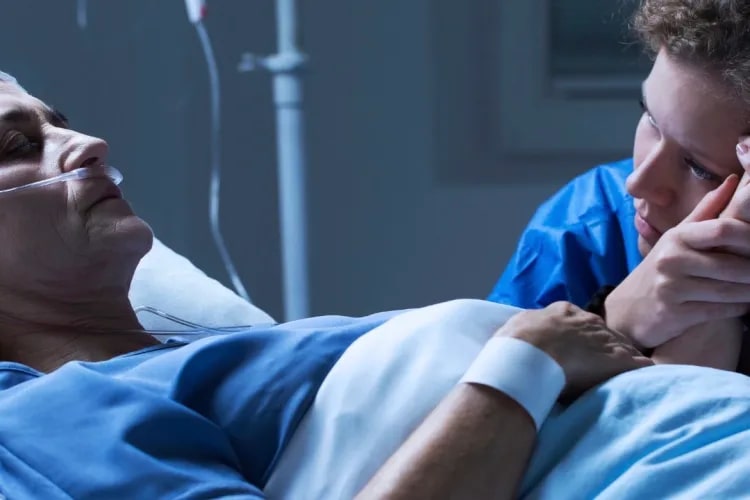
“No one should have to put up with ‘intolerable pain and suffering’ because someone else has a different moral perspective,” writes political columnist MICHAEL MOORE.
The ACT is a step closer for Canberrans having the right to choose a good death.
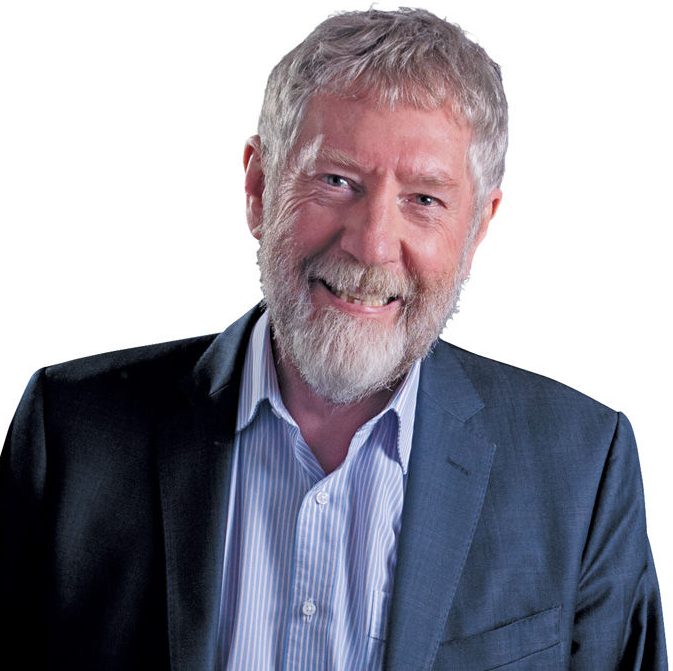
While the report of the Assembly’s Select Committee Inquiry into the Voluntary Assisted Dying Bill 2023 does recommend changes to the bill before the Assembly, the majority have not opposed the bill.
The strongest statement comes from Labor backbencher Dr Marisa Paterson who said: “I fundamentally believe that access to voluntary assisted dying is a human right”.
Those who have attempted to delay, weaken, and oppose the bill miss this important understanding.
No one should have to put up with “intolerable pain and suffering” because someone else has a different moral perspective.
Tara Cheyne is the Minister for Human Rights with responsibility for the legislation and her position on the legislation is also quite strident.
In introducing the legislation at the end of October, Ms Cheyne stated: “This is a bill about people: their empowerment, autonomy, compassion, and dignity. This is a bill about choice: an additional choice that an eligible person can make about the circumstances of their death.”
Ms Cheyne acknowledged the 30-year history of this legislation in the ACT in her tabling speech. With it went important lessons for those who are considering standing as independent. It is about persistence. Persistence!
The minister recognised my own efforts from the early 1990s for my “tenacity in introducing multiple bills for voluntary assisted dying in this Assembly”.
The committee report also noted that between 1993 and 1997, I attempted five times to introduce private members’ bills on this subject.
Minister Cheyne also graciously thanked former NT Chief Minister Marshall Perron “for his courage and conviction in introducing voluntary assisted dying legislation in the 1990s that was ultimately passed”.
Since the time the “Andrews Bill” was adopted by the federal parliament in 1997, stripping the territories of their power to legislate in this area, every single state across Australia has adopted legislation to deal with voluntary assisted dying.
The select committee received some objections from the community – including a significant number formally related to the Catholic Church. However, voluntary assisted dying has been considered extensively by multiple members of parliaments from across the country. All have accepted the need for such legislation.
It is certainly unfortunate that the ACT had to wait an additional 30 years from when such legislation was first considered. Even so, we now have the additional benefit of learning from others’ experiences.
Perhaps the recommendations of the select committee will mean the legislation is more conservative than was otherwise envisaged. A key issue for the select committee was the possibility of coercion. It has provided carefully considered suggestions to safeguard against this possibility.
The five MLAs have worked hard to find a way to achieve some agreement. In doing so they have provided 27 recommendations. This is despite the bill already having many checks and balances in place that will protect Canberrans from misuse.
In their dissenting report, Liberal MLAs Ed Cocks and Leanne Castley point out that “the select committee sought to find a consensus position”. They added, “for the most part, the main report reflects that objective, and we support those consensus recommendations”.
However, the two argue “we consider the bill presented by the minister represents the most ideological and extreme assisted dying legislation in the country”.
A contrasting view is offered by Labor’s Dr Paterson: “Ultimately, the bill, as it stands, provides the appropriate safeguards and protections, while attempting to provide a smooth and succinct process for people when they are at the end of their life”.
In his additional comments, the Greens Andrew Braddock, pointed out that “voluntary assisted dying is already happening here in the ACT. It happens in a myriad of different ways. Sometimes peacefully, sometimes traumatically, sometimes successfully, sometimes unsuccessfully, but the one consistent element is that it all happens in secret”.
This secrecy means access is restricted and inconsistent. A powerful argument!
However, one of the submissions made to the committee by Katarina Pavkovic summed up the current situation most effectively: “Like all legislation, the bill may not be perfect. But it is a perfect next step to enabling our people the right to die with dignity and not suffer intolerably at the end of their lives.”
Who can be trusted?
In a world of spin and confusion, there’s never been a more important time to support independent journalism in Canberra.
If you trust our work online and want to enforce the power of independent voices, I invite you to make a small contribution.
Every dollar of support is invested back into our journalism to help keep citynews.com.au strong and free.
Thank you,
Ian Meikle, editor

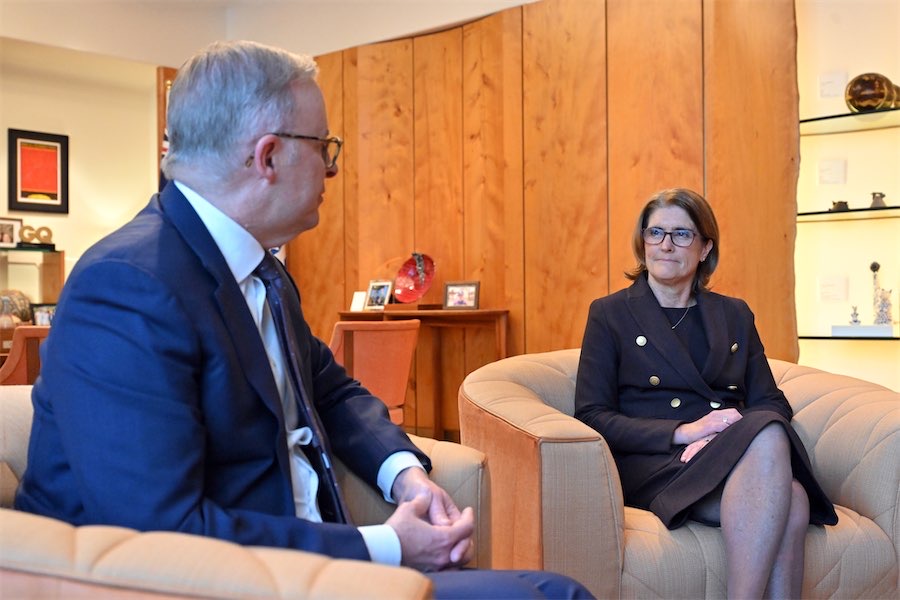
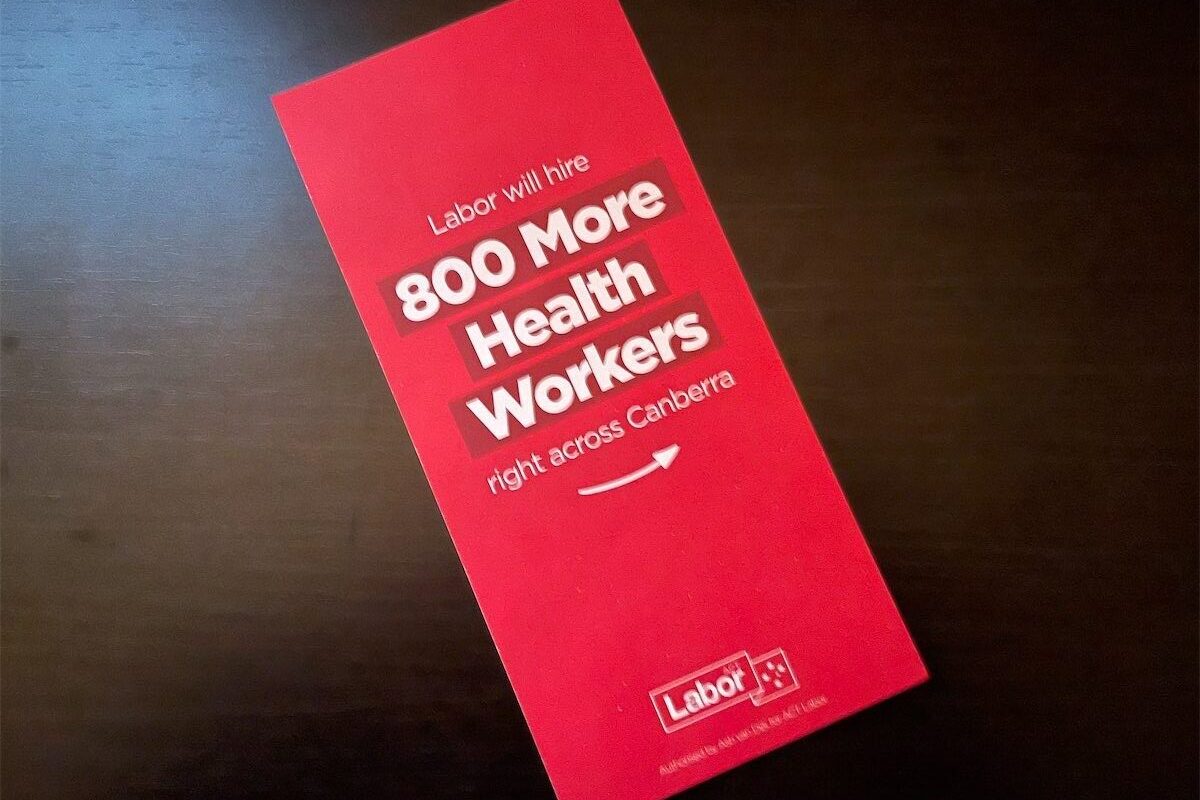
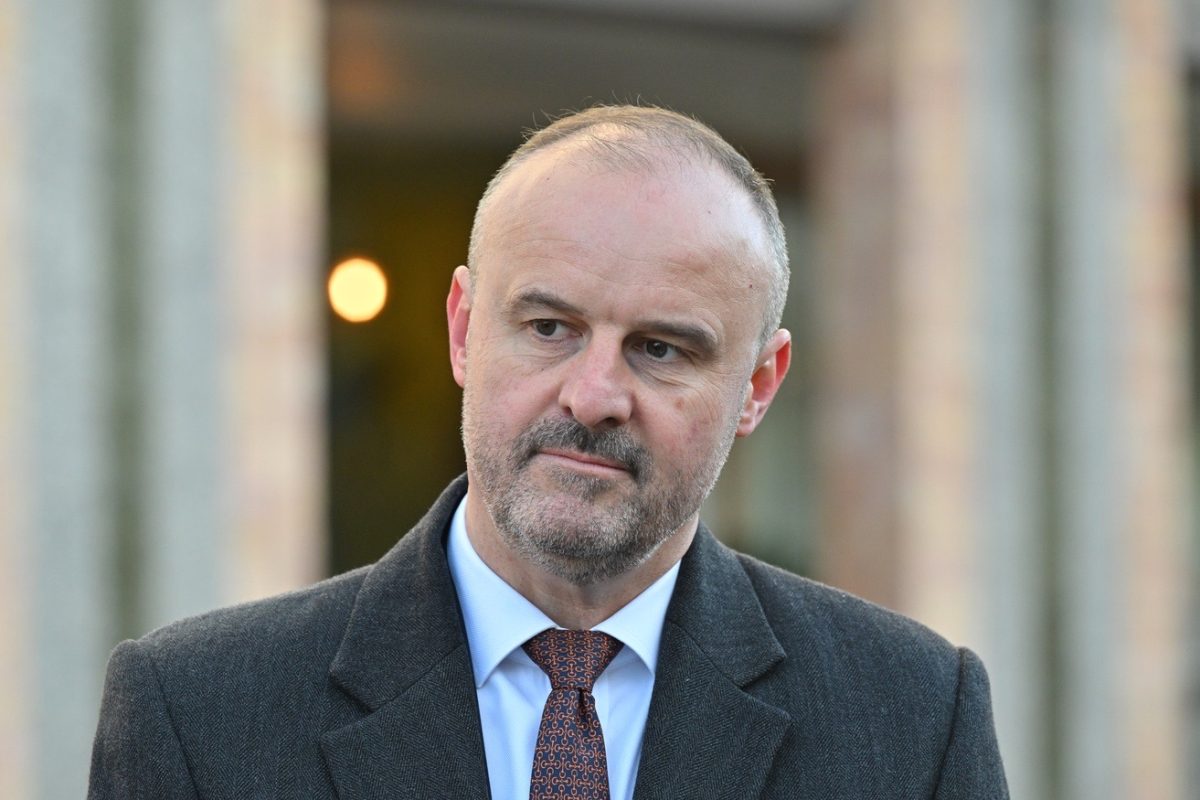

Leave a Reply